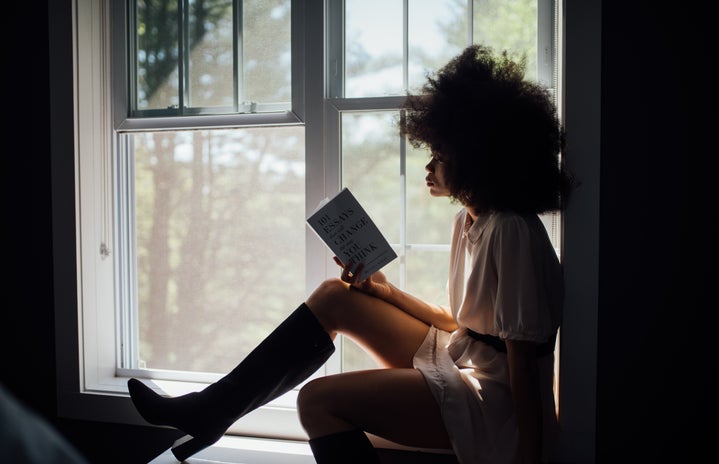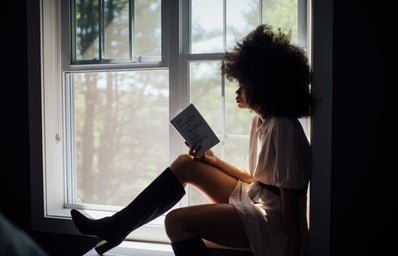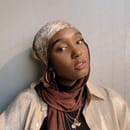Emily Ratajkowski’s work initially caught my attention when I read her piece, Buying Myself Back, in New York Magazine. This piece is featured in her new book called My Body, which is a collection of 12 essays that touch on beauty, abuse, power and wealth.
My Body was a decent read and I found her honesty refreshing, however, the book fell short for me. While there are certain essays that I enjoyed, I couldn’t help but notice that she would often contradict herself, knowingly and unknowingly. It was tough to get through since my objective was to read this to learn her point of view on key issues. But instead, it seemed like it was simply a lot of words that didn’t really represent a stance, challenge my thinking, or provide any educational value.
Ratajkowski is a survivor of SA which is something she makes known very early on in the book. Many of the essays focus on the various ways her body has been abused, as well as the power imbalances she faces as a supermodel from predatory photographers to billionaire monarchs who pay for her businesses. By creating this book, Ratajkowski attempts to regain control of a narrative that surrounded her identity in which she never had control over. And to give herself the freedom to be complex and treated seriously. It’s empowering. It is, however, only empowering to her. This book did not actually empower women collectively in any way.
The book focuses on the male gaze only as it relates to Ratajkowski, and the only times the female gaze is established is when she compares herself to other women such as her friends and her mother. Her chance to explore the female gaze in depth was missed and in doing so, the conversation felt unfinished. She never thinks about how her image affects young women. How the losers in the competition she “won” result in poor self-esteem, eating disorders and depression. She never considers the harm she creates by just engaging in the industry. She never questions Western society’s beauty standards, which she upholds flawlessly. She does make it obvious, though, that the only reason she ever modelled in the first place was to make a profit.
This leads me to the topic of “thin culture” and how poorly I think Emily Ratajkowski handled it. Several sentences were worded in a way that did not allow for further reflection, which might have a damaging effect on younger readers. Unhealthy food interactions, calorie restriction and over-identification with being “thin” are just a few examples. It would make a lot of difference if Ratajkowski spoke about it more intentionally, maybe devoting an entire chapter to it so that nothing was misconstrued.
For example, on page 28 of My Body, Ratajkowski wrote, “Around that time, I caught a terrible stomach flu and lost ten pounds in one week. After I recovered, I kept the weight off, realizing that I was booking more shoots with my thinner body.”
As well as page 206, “I had recently started smoking cigarettes and skipping meals to maintain a tiny waist…”
Ratajkowski’s work impressed me with its simplicity and vividness. Her perspective is instantly sympathetic, which is a credit to the book’s strength, and her stories move along without becoming too stale. This is the first try by someone whose profession isn’t a writer and it’s a solid effort in that regard. I’m looking forward to hearing more from Ratajkowski as she develops this craft.
Rating: 3/5


